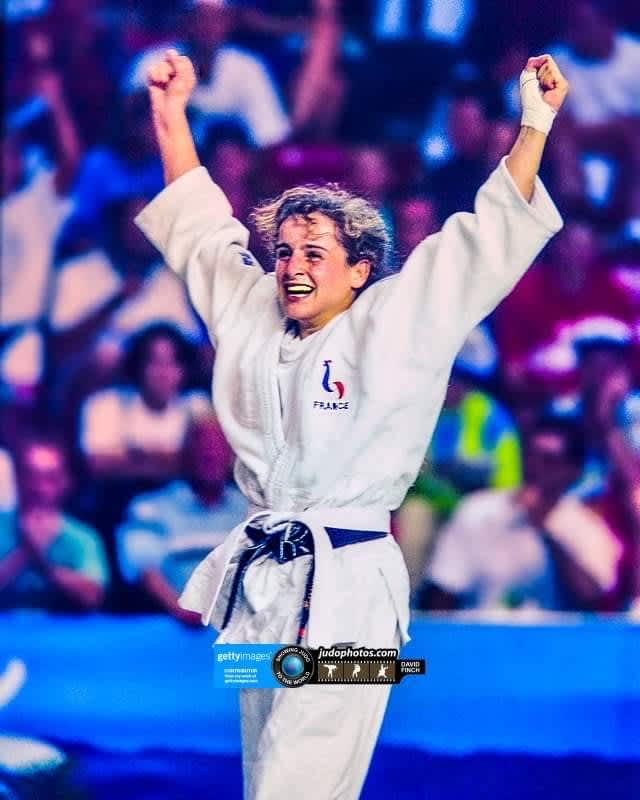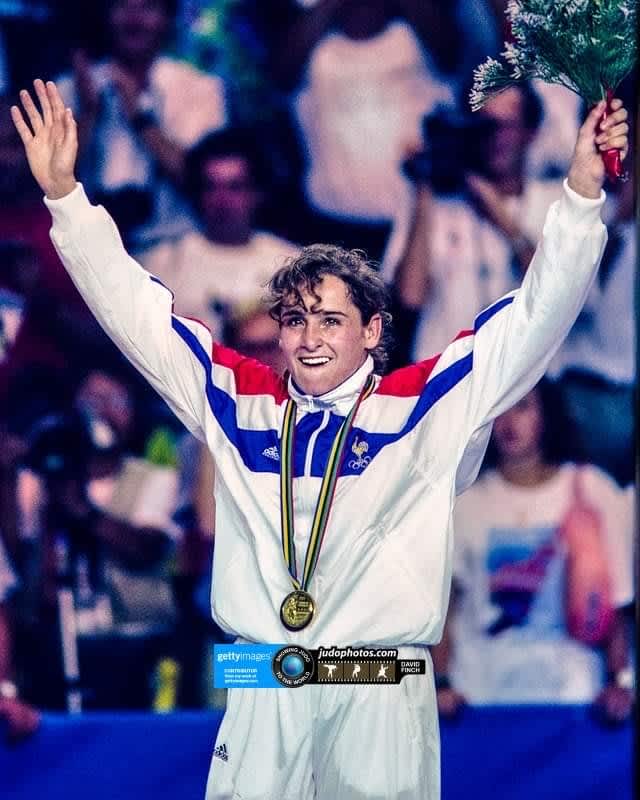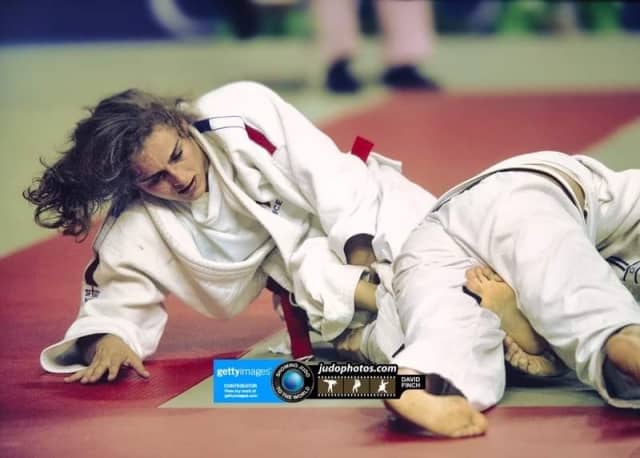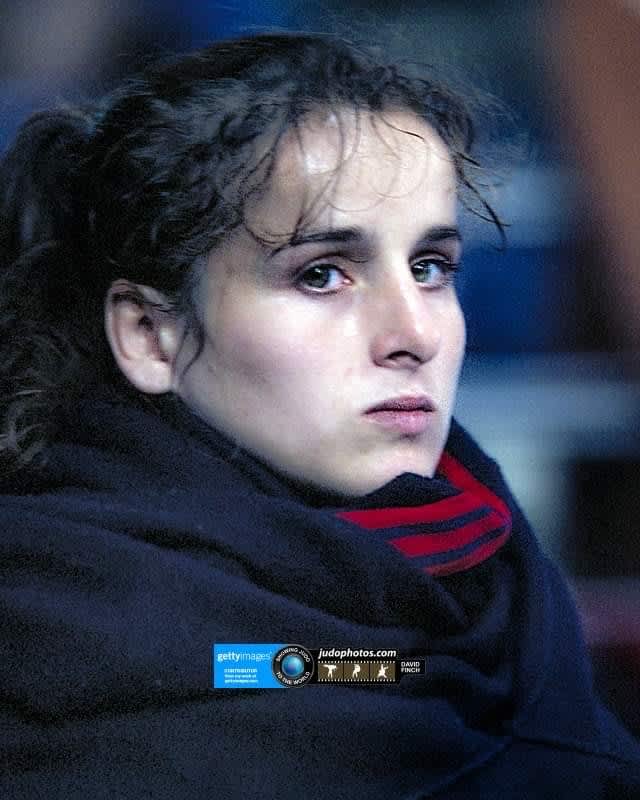We introduced the statistics, the almost impossible feat and the question in our first article in the series, which can be found here:
https://www.ijf.org/news/show/151-olympic-champions-tokyo-to-tokyo
A reminder of the question:
It could be said that to be in the company of an Olympic judo champion is to be presented with someone whom has reached an absolute pinnacle, a ceiling which cannot be surpassed; there is nowhere further to ascend in the world of sport. We often find Olympic champions speaking with freedom and certainty, unafraid to share an opinion, speaking of their lives and paths with confidence. For many we feel there is peace, and that can be magnetic and inspiring.
So the question is, did they become Olympic champion because of that character or did they become that person having won the Olympic gold medal?
“For me there are two answers, a before and after and both are correct.
I’m convinced I became Olympic champion because of who I was. It’s very complex but in my case it was the mental aspect. It was only a really tiny difference but I trained based on who I was and how I analysed judo at that time.
I made a statement to myself that although many opponents were stronger than me, I would work and train myself to be sure that during each fight I would make at least one or two moments in which I could throw or score. I had total concentration on the right moments. If I only had ten percent chance to win then I concentrated mainly on that 10%, although I pushed for more, of course.
I was training harder, I felt that maybe it was more painful for me than for the others. Mentally, whatever could happen in the fight I was focussed totally on my chance and I was always confident that I could find that solution to win."
"I was not thinking about myself even when my body was in pain, I would think about the others knowing that if it was painful for me, it must be worse for them. I had a special energy from that.”
Cathy’s was a very specific way to prioritise. Everything was managed, from the physical to the technical, as it was for all Olympians, but this thought process of focussing particularly on being able to capitalise on exactly the right moment against any opponent, seems to have been her superpower.
“I had a special very physical judo but I worked a lot in ne-waza and I also won a lot with ashi-waza. On top of that I could organise my thoughts within the contests, even amid chaos. In fact, it was even better for me when it was chaotic because I had that special way of thinking; I would be so focussed on making my chance. It was that way in all areas; I was better when there was a big challenge with high stakes."
"In Barcelona, I knew I could be on the podium and had potential but I didn’t think particularly that I would be Olympic champion. Neither of us performed well in the final that day but I was better than her, by just enough. It was decided by hantei, but through the day I had started to think it was possible.
After the medal, it brought peace in me. Maybe before that Olympic Games, it was like some sort of revolution within me, constantly. I would certainly not be the same person without the medal. I wouldn’t be here in this position today.”
Cathy Fleury, Olympic champion, is now an IJF Referee Supervisor and continues to be involved in judo at the highest level.




